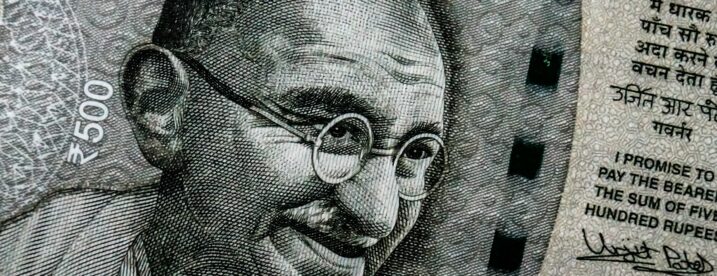
By Ben Iorio With the rise of Bitcoin and cryptocurrency, the norms for currency have changed. Cryptocurrencies allow transactions to take place with a currency not regulated by any country. In essence, cryptocurrencies are currencies existing completely...
By Lakshmi Kumar, June 12, 2019

The relationship between anonymous companies, corruption, money laundering, drug and weapons trafficking, organized crime and terrorist financing isn’t new. Studies from the Organization for Economic Co-operation & Development (OECD) from nearly two decades ago identified that nearly...
Transnational crimes generate US$1.6 trillion to US$2.2 trillion annually In 2017, Global Financial Integrity (GFI) did a study on transnational crime and found that the combined annual value of 11 different transnational criminal markets was between US$1.6...

Global Financial Integrity estimates India lost US$13.0 billion in potential revenue to trade misinvoicing in 2016 alone. How did we get that estimate? This blog breaks down the findings and methodology of our latest report.
By Daniel Neale, January 9, 2019
A systemic problem persists in banks’ ability and willingness to stop dirty money from flowing through the financial system. But when will it stop, or even diminish?
By Daniel Neale, January 6, 2019
If ever there was the need to showcase the extent to which there is an endemic problem surrounding money laundering at large banks, look no further than 2018.
By Channing Mavrellis, October 22, 2018
Read Channing Mavrellis’ remarks from the Impacts Panel at the 4th Annual FishCRIME Convention, held in Copenhagen on October 15 and 16, 2018. Channing discusses the impacts of three major crimes that fall under the fisheries crime umbrella, and the need to treat illegal fishing as a serious transnational organized crime.

This year, Global Financial Integrity and Academics Stand Against Poverty will be awarding the fifth annual Amartya Sen Prizes to the two best original essays on assessing the human impact of illicit financial flows out of Africa....




